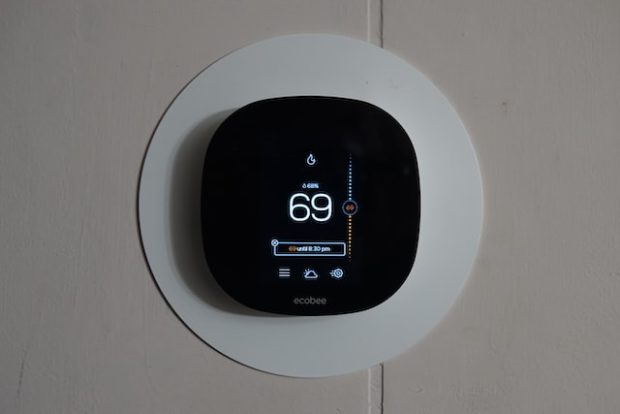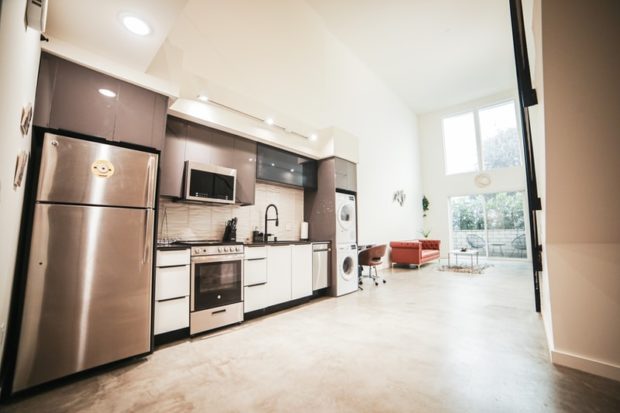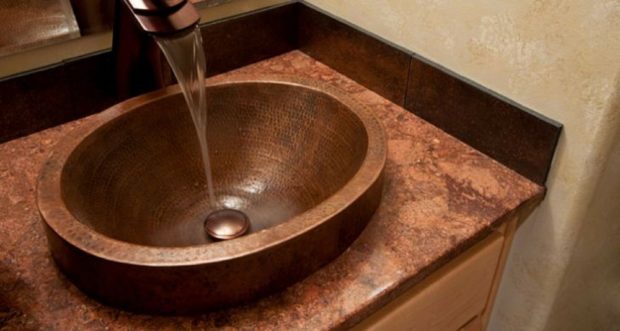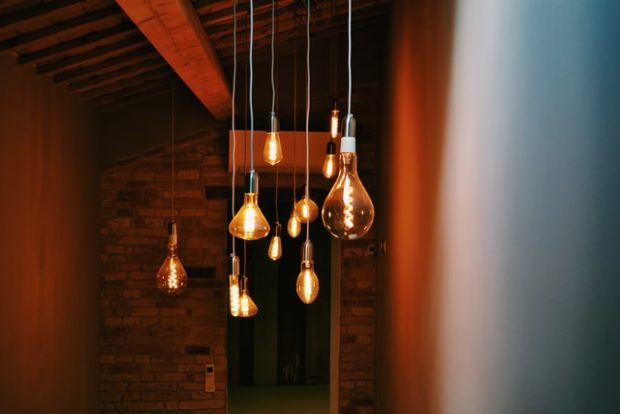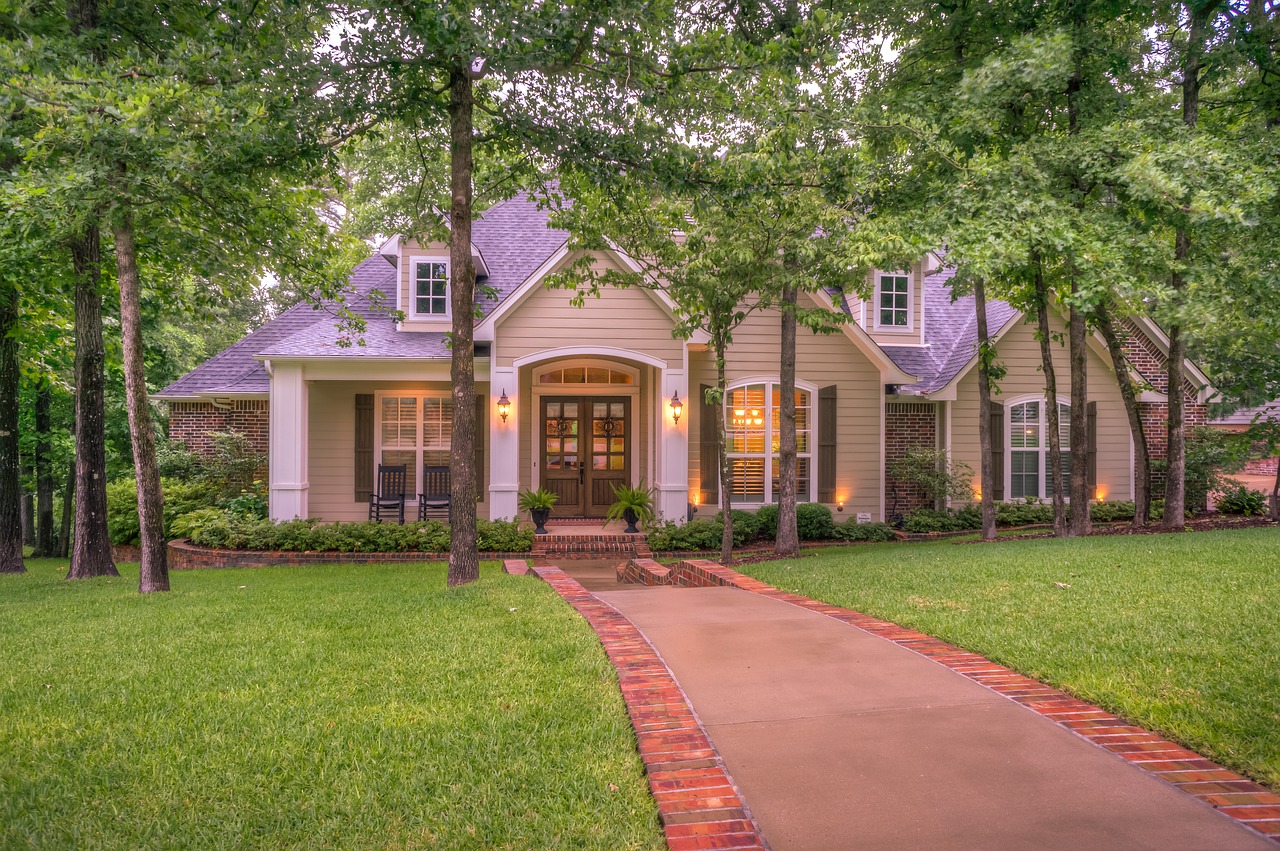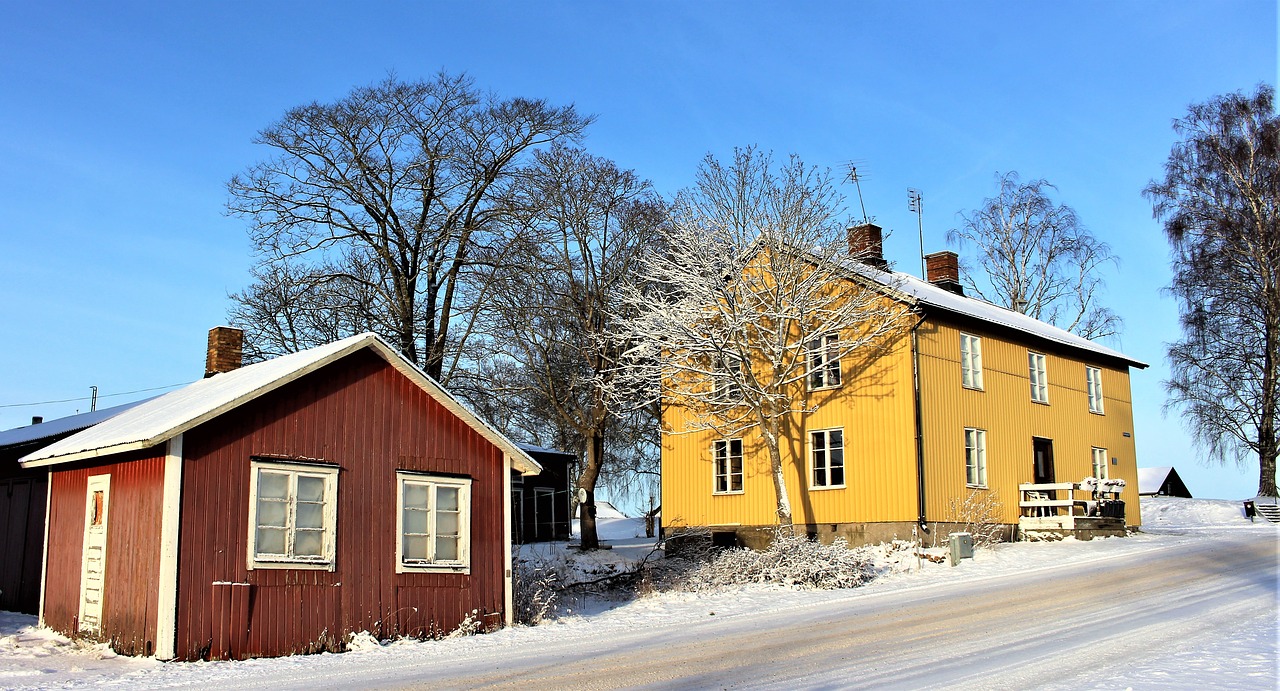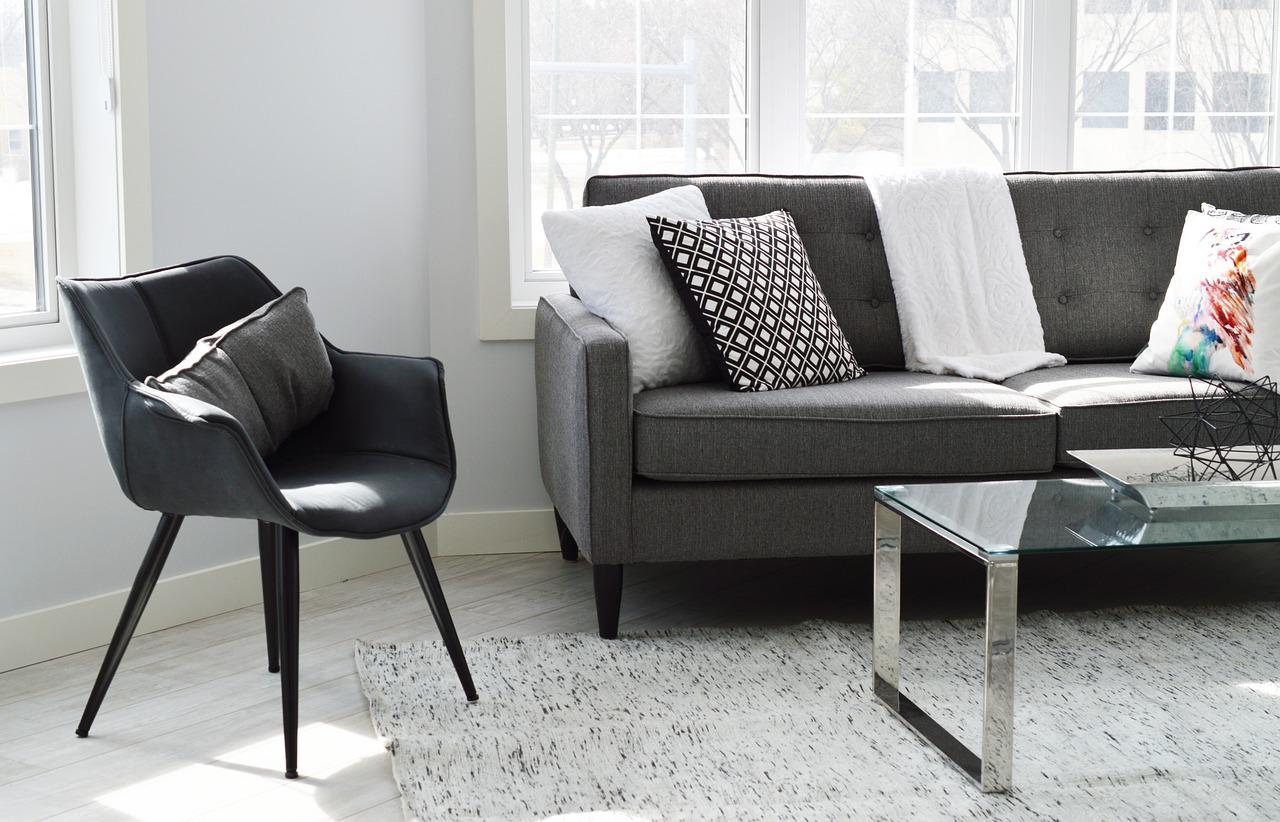Are you tired of high energy bills and want to reduce your carbon footprint? Fortunately, there are several ways to make your home more eco-friendly while saving money. Making your home more energy-efficient not only benefits the planet but your wallet as well. Here are some easy ways to go green, and save money at the same time.
Install Energy-Efficient Windows
Up to 25% of your home’s energy loss is through the windows. Installing certified windows can reduce your energy bills while also keeping your home comfortable. These windows are designed to minimize heat transfer and prevent drafts, which can keep your home cooler in the summer and warmer in the winter. Plus, installing energy-efficient windows can increase your home’s value, making it a smart investment.
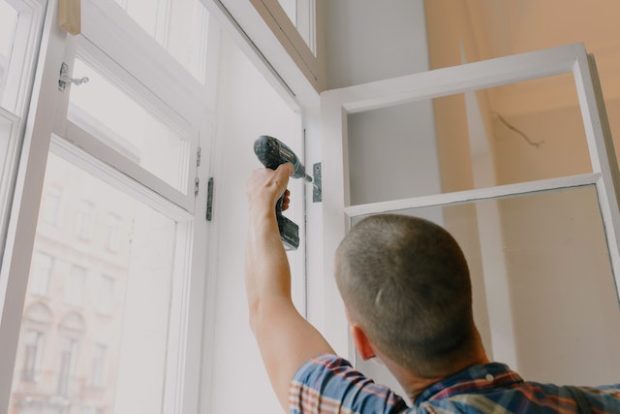
Energy-efficient windows can be found at many home improvement stores, as well as online. You should look for windows that are certified by official sources to make sure you’re getting a quality product that provides energy savings benefits. Additionally, consider hiring a professional installer to ensure your new windows are properly installed and sealed. By investing in energy-efficient windows, you can save money on your energy bills while making your home more eco-friendly. It’s a win-win!
Finally, don’t forget to take advantage of any federal or local tax credits that are available for purchasing energy-efficient windows. This can help offset the initial cost, making your new windows even more affordable.
Use Smart Thermostats
Heating and cooling account for nearly half of your home’s energy use, according to the U.S Department of Energy. Using a smart thermostat can help you save money on heating and cooling by automatically adjusting the temperature when you’re not home or asleep. Smart thermostats can also be controlled remotely, so you can adjust the temperature from your phone while you’re away.
Smart thermostats are available from many home improvement stores, as well as online retailers. When shopping for a smart thermostat, make sure to look for one that features the latest energy-saving technology. Additionally, it’s important to consider the size and features of the product so that you can find one best suited for your needs. A good place to start is by reading customer reviews and comparing prices between different models.
Upgrade Your HVAC System
Upgrading your HVAC system can go a long way in reducing your energy bills and saving money. An older, outdated system may be forced to work harder than necessary to keep your home at the desired temperature, resulting in much higher energy costs. Investing in a newer system with an ENERGY STAR label can help you save up to 20% on your energy bills while also reducing your carbon footprint.
Additionally, an upgraded HVAC system can improve air quality in your home and reduce allergens and pollutants. Look for systems with a high Seasonal Energy Efficiency Ratio (SEER) rating and be sure to have it professionally installed for best results. Make sure to find a reputable installer, such as Signature Heating, Cooling & Construction, to handle everything.
Upgrade Your Appliances
Older appliances use a lot more energy than newer, energy-efficient models. Upgrading to new appliances can save you a significant amount of money on your energy bills each month while reducing your carbon footprint. Look for appliances with the Energy Star label for the most efficient models. Even if you can’t afford to replace all your appliances at once, start with the ones that use the most energy, such as your refrigerator, washing machine, or dryer.
If you are not sure whether or not your current appliances are energy efficient, there are a few ways to find out. Start by checking the energy label on each appliance. The label will provide information about the estimated annual energy usage of the appliance as well as its efficiency. Additionally, you can look for the Energy Star certification sticker near the appliance or on the manufacturer’s website.
Lastly, you can compare your appliance’s energy usage with the average of similar models to see if it is more efficient than other options. By taking these steps, you can easily determine if your current appliances are already energy-efficient or if an upgrade is necessary.
Install Low-Flow Shower Heads and Faucets
Did you know that showers account for almost 17% of your home’s indoor water use? Installing low-flow shower heads and faucets can save you money on your water bill while also reducing water waste. Low-flow fixtures use less water per minute, but still provide an adequate water supply. You’ll hardly notice a difference, and your wallet will thank you.
When you upgrade to low-flow shower heads and faucets, it’s important to dispose of the old ones properly. Depending on your location, there may be local programs or rules for recycling or disposing of these fixtures. If not, check with your local waste disposal company or hazardous waste handling facility.
Additionally, some home improvement stores may also offer recycling programs specific to these types of fixtures. By disposing of your old shower heads and faucets properly, you can do your part in protecting the environment and keeping hazardous materials out of landfills.
Switch to LED Light Bulbs
LED light bulbs use 75% less energy than traditional incandescent bulbs, and they last up to 25 times longer. Although LEDs can be initially more expensive, they will pay for themselves in energy savings over their lifetime.
Plus, you won’t have to change light bulbs as often, which means fewer trips up the ladder. LEDs are also available in a range of color temperatures, making it easy to find the right hue for your home’s lighting needs.
Making your home more eco-friendly doesn’t have to be expensive or complicated. These five tips serve as a starting point for a more sustainable lifestyle that will benefit both the environment and your wallet. By making energy-efficient upgrades to your home, you can enjoy long-term savings while doing your part to protect the planet. Don’t wait any longer; start making your home greener today.

